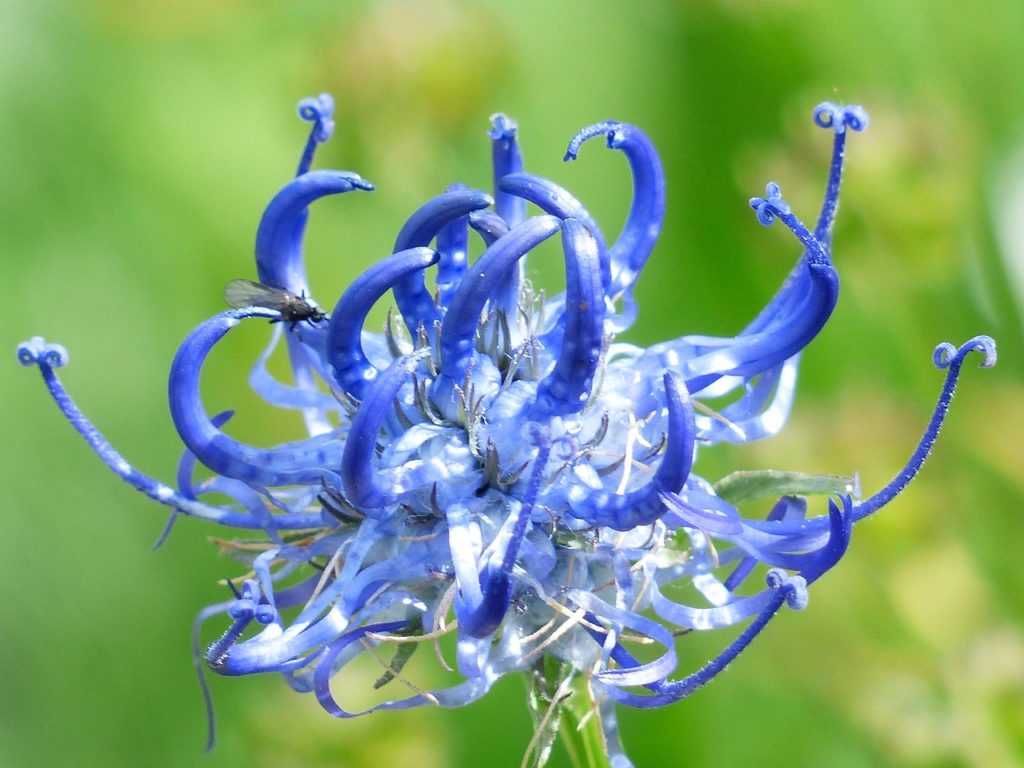Introduction:
Native to southern Africa, devil’s claw (Harpagophytum procumbens) gets its name from the tiny hooks that cover its fruit. Historically, devil’s claw has been used to treat pain, liver and kidney problems, fever, and malaria. It has also been used in ointments to heal sores, boils, and other skin problems.
The root of Devil’s Claw has been used medicinally for thousands of years by the San and Khoi people of the Kalahari Desert. Ancient African healers would use this root to treat a wide spectrum of complaints, ranging from pain during child birth, fevers, wounds and joint pain to its most common application for indigestion.
Benefits of Devil’s Claw:
Arthritis
Devil’s Claw has been studied extensively for the pain relief it can provide to sufferers of arthritis and osteoarthritis. Studies have demonstrated that this herb is effective in decreasing knee and hip osteoarthritis pain; however the mechanism by which it does it is not well understood. Devil’s Claw components, called iridoid glucosides, especially harpagoside, may be responsible for its anti-inflammatory effects. Devil’s Claw is also beneficial in decreasing the progression of osteoarthritis by preventing cartilage degradation.
Digestive Health
Known as a powerful digestive tonic, the flavonoids and phytosterols found in Devil’s Claw are antioxidant, choleretic (stimulate bile production) and antispasmodic which help to maintain overall digestive health. It can provide considerable relief from heartburn as it soothes the inflammation caused by acid reflux. Devil’s Claw can also help in relieving the symptoms of an upset stomach by suppressing inflammation of the stomach.
Weight Loss
In a study conducted at the University College of Cork in Ireland, it was shown that Devil’s Claw can slow down or even stop the production of the “hunger hormone” ghrelin. This herb may be useful for weight loss in suppressing hunger pangs if overeating is a problem, and it has shown promise in the treatment of “Binge Eating Disorder”. In fact Devil’s Claw is now being investigated for its use as an anti-obesity treatment.
Wound Healing:
The root of Devil’s Claw can be applied to wounds to stimulate healing. The anti-inflammatory effects of this herb coupled with the pain relief it provides are thought to be responsible for its traditional use as a skin healer.
Precautions:
Taking high doses of Devil’s Claw may upset the stomach in some people. Individuals with stomach ulcers, gallstones or duodenal ulcers should not take Devil’s Claw.
There have yet to be any studies on Devil’s Claw and pregnant or breastfeeding women and is therefore not recommended.
People with heart disease or high or low blood pressure should consult their healthcare professional before taking Devil’s Claw.
Devil’s Claw might thin the blood and so people taking blood thinning medication should consult a doctor before taking this herb.
Diabetics should not take Devil’s Claw except under strict medical supervision, since it can significantly lower the dose of insulin required.
Conclusion:
Devil’s claw was introduced to Europe in the early 1900s, where the dried roots have been used to restore appetite, relieve heartburn, and reduce pain and inflammation. Today, devil’s claw is used widely in Germany and France to fight inflammation or relieve arthritis pain, headache, and low back pain.
